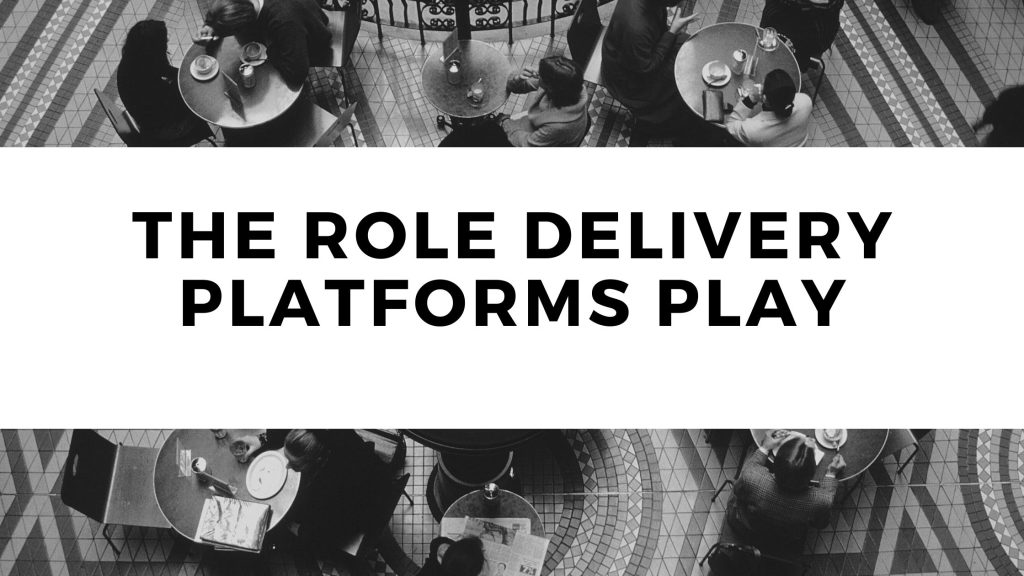The MCO has dealt a huge blow for specialty coffee shop VCR cafe in Malaysia. Its founder Andrew Lee said there was an average of 80% sales drop since 18 March. Things were worse for its headquarters in downtown Kuala Lumpur, as the majority of its footfall came from tourists drawn to the two-storey pre-war building.
While food delivery has thrown a lifeline to his business, Lee knew he had to offer something more to boost his revenue, besides selling coffee and all-day breakfasts via Beep Delivery. He began to offer in-store meal kits where consumers can prepare the meals themselves based on cooking instructions given by VCR.
The Role Delivery Platforms Play

Sales began to pick up, especially for VCR’s second outlet located in the upscale neighbourhood of Bangsar. Lee said the Bangsar outlet has managed to retain 40% of its previous daily revenue, adding that the cafe will continue to offer these “home-starter packs” even after the MCO is lifted, as an additional source of revenue.
The Covid-19 pandemic could completely reorganise the F&B industry, bottom up. Restaurateurs now think food delivery platforms are taking their money away from them, but if they could rethink this whole model, it could actually help them, says RunningMan’s Chee.
“To be honest, without the food delivery platforms, restaurants may not even survive through this period because of their thin margin,” he adds. What restaurants could do to increase margin is to redesign their food menu by making it more delivery-friendly or create a delivery-only menu to reduce their operating cost during this period.
This doesn’t mean that food delivery platforms are off the hook
The walls seem to be closing for the F&B industry world over. But as many are struggling, many are also beginning to explore different offerings to accommodate food delivery options.
F&B operators in Malaysia have come together to form a support group chat on Telegram called “MyF&B – Malaysian F&B Operators Alliance”. It also acts as a lobby group to consolidate feedback among F&B business owners and present them to the Malaysian government. At the time of publishing this story, the group has over 1,000 members.
The group has appealed to the government to provide rental relief and meet up to 50% of employees’ salary costs. This is so that F&B businesses can maintain their staff and remain in business after the MCO ends. Both requests have been met in the extended stimulus package announced on 6 April.
The only request not met was a demand for a cap on commission rates. However, the request does not fall under the jurisdiction of the finance ministry, says myBurgerLabs’s Chin, one of the founding members of the chat group.
“At first, I did complain about the steep commission as well, but going into the fourth week of the MCO, I realised we as business owners should also start thinking how we can change our business model. I foresee that post Covid-19, the ratio for food-delivery or takeaway versus dine-in could become 50:50 instead of the current 30:70 or 20:80,” he explains.